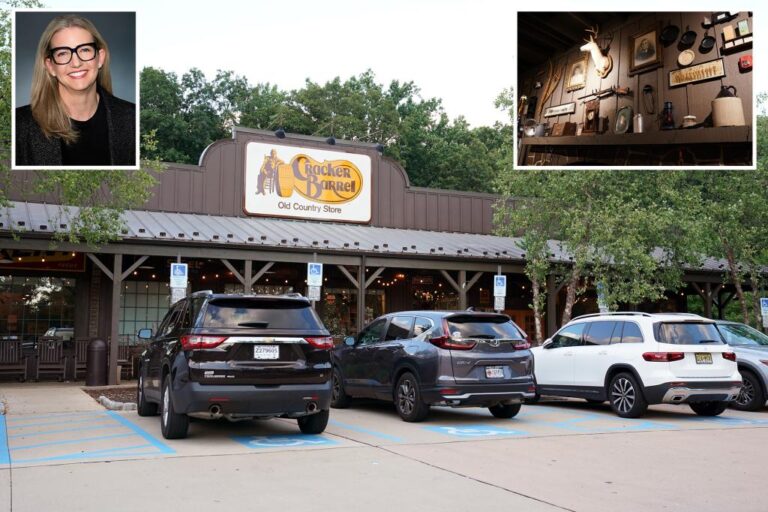
While menopause is a concern in middle age, people who are older could be dealing with multiple health conditions (like heart disease, diabetes, arthritis, back problems, and acid reflux) that could indirectly affect sleep quality. Pain or discomfort associated with these medical conditions might mean they have trouble getting to sleep or staying asleep. Medications that are prescribed for many of these conditions can also disrupt sleep.
Sleep disorders like sleep apnea are more common in aging adults and conditions like restless legs syndrome can worsen as you grow older too. Neurological diseases like Parkinson’s or Alzheimer’s could also be affecting how well older adults sleep at night (via WebMD). It is also not uncommon for aging adults to feel depressed or anxious; mental health conditions like these can have a profound impact on quality of sleep, too. Social isolation coupled with a lack of physical activity could also negatively impact sleep, per Yale Medicine geriatric and sleep medicine specialist Brienne Miner. A result of aging-related fatigue in itself, long naps can actually take away from quality sleep at night. Feeling the urge to pee more at night as you grow older can also be a culprit.
Miner thinks that addressing the underlying physical, mental health, and other concerns can lead to better sleep at night. Fortunately, aging and its related effects on your body and mind don’t mean that you’re doomed to have bad-quality sleep forever.























